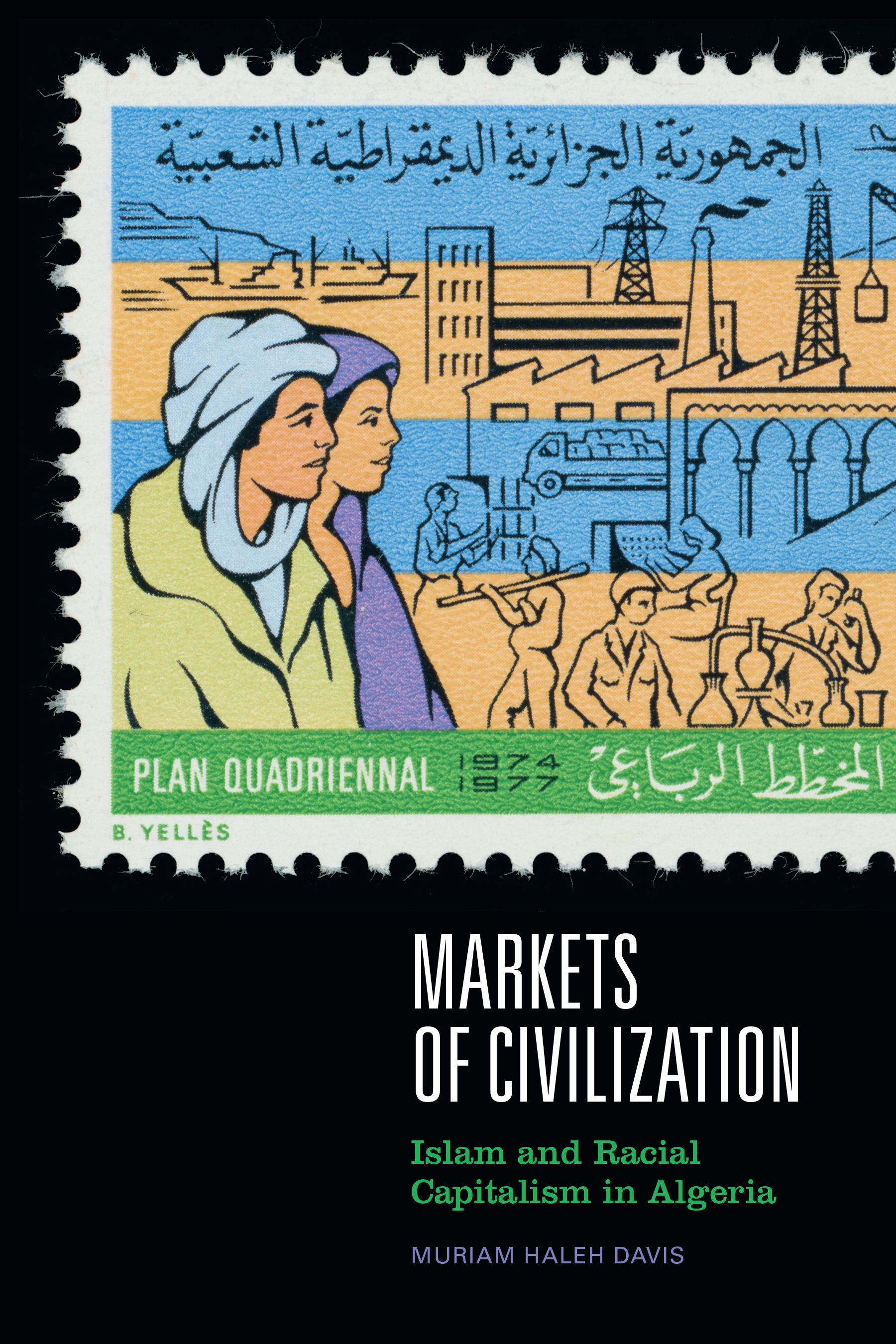How did the colonial history of Algeria influence this country’s national identity and political economy after independence? Professor Muriam Haleh Davis will discuss her book, recently published by Duke University Press, which studies the interplay among racial categories, religious identity, and economic development in Algeria. Her research also shows how colonial policies played a central role in fashioning neoliberal economic ideas, documenting the intersection between decolonization and European integration.
Speakers
Muriam Haleh Davis
Author; Non-Resident Scholar, Middle East Institute
Intissar Fakir, moderator
Senior Fellow and Director, Program on North Africa and the Sahel, Middle East Institute
Detailed Speaker Biographies
Muriam Haleh Davis
Muriam Haleh Davis is a scholar of race, development, and the social sciences in North Africa. Her recent book, Markets of Civilization: Islam and Racial Capitalism in Algeria, was published by Duke University Press in September 2022. She has also co-edited North Africa and the Making of Europe: Governance, Institutions, and Culture, which was published by Bloomsbury Press in 2018. Her academic writing has been published by the Journal of Modern Intellectual History, Middle East Critique, the Journal of Contemporary History, Lateral, and 20 et 21: Revue d'histoire. She has also authored pieces for the Los Angeles Review of Books, Al Jazeera English, Public Books, and Truth Out. She is co-chair of the editorial board for MERIP (Middle East Research and Information Project) and works with the Maghreb Page for Jadaliyya.
Intissar Fakir
Intissar Fakir is an expert on North Africa, the Sahel, and key regional thematic issues including governance, social change, migration, and security. She has written extensively on North Africa’s evolving politics, including Islamist electoral politics in post-2011 Morocco and Tunisia, the Western Sahara issue, foreign policy priorities in Morocco and the broader region, and the impact of COVID-19 on regional political stability. Her research has also included political transitions, mobilization trends, energy, and social change in Morocco, Mauritania, Algeria, and Tunisia.
Prior to joining MEI, Intissar was a fellow at the Carnegie Endowment for International Peace, where she was also the editor-in-chief of the bilanguage (English and Arabic) Middle East platform Sada. She has also implemented programs at various NGOs in support of political, economic and social reform in North Africa and the Middle East. She has consulted and advised governments and corporate entities in the U.S. and Europe on Maghreb developments.
Use code E22MRKTS to save 30% on your copy of Markets of Civilization
Image Credit: Duke University Press












